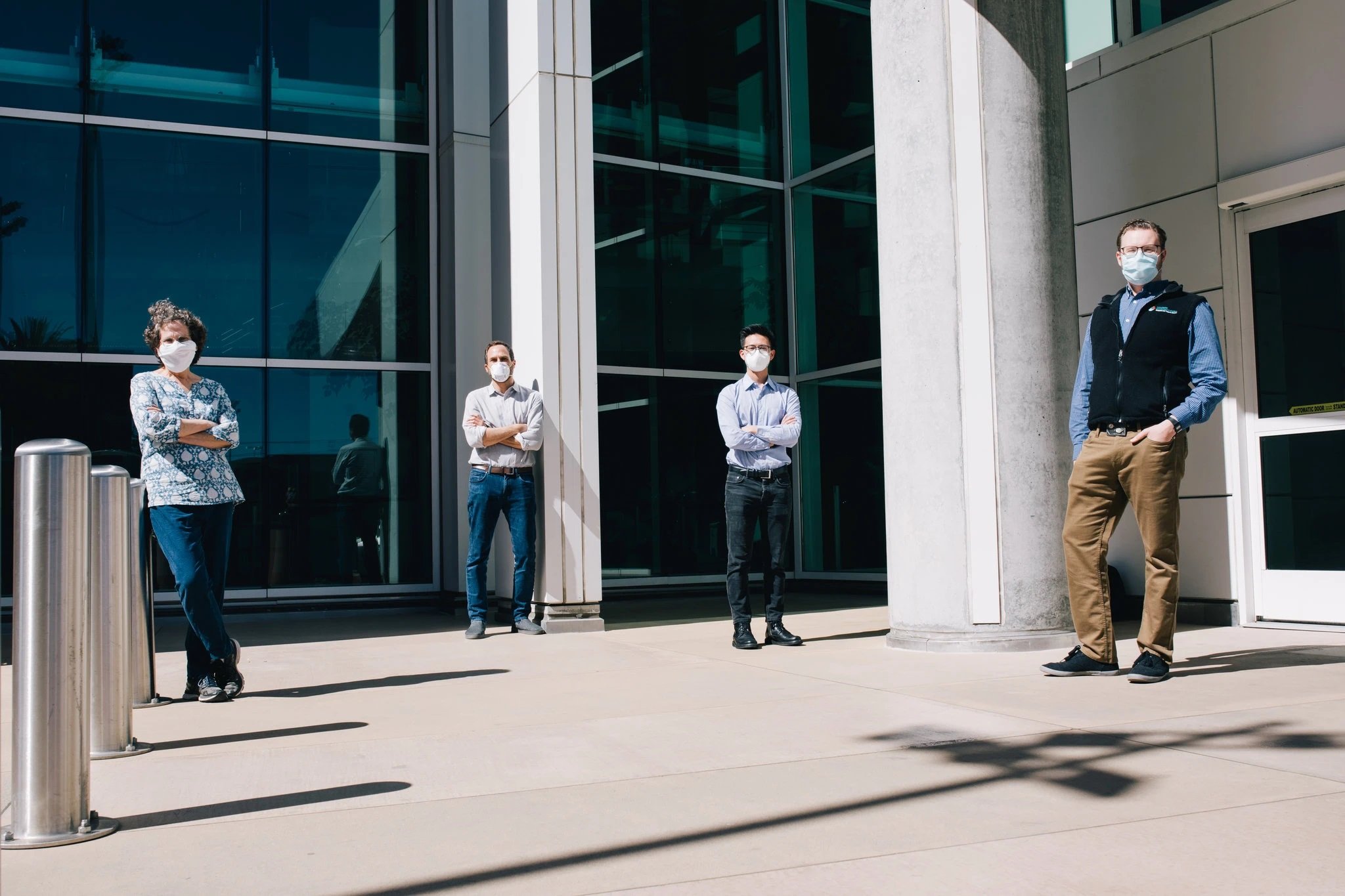A team of scientists worked around the clock to evaluate 14 antibody tests. A few worked as advertised. Most did not.
The researchers worked around the clock, in shifts of three to five hours, hoping to stave off weariness and keep their minds sharp for the delicate task.
They set up lines of laboratory volunteers: medical residents, postdoctoral students, even experienced veterans of science, each handling a specific task. They checked and rechecked their data, as if the world were depending on it. Because in some ways, it is.
For the past few weeks, more than 50 scientists have been working diligently to do something that the Food and Drug Administration mostly has not: Verifying that 14 coronavirus antibody tests now on the market actually deliver accurate results.
These tests are crucial to reopening the economy, but public health experts have raised urgent concerns about their quality. The new research, completed just days ago and posted online Friday, confirmed some of those fears: Of the 14 tests, only three delivered consistently reliable results. Even the best had some flaws.
The research has not been peer-reviewed and is subject to revision. But the results are already raising difficult questions about the course of the epidemic.
Surveys of residents in the Bay Area, Los Angeles and New York this week found that substantial percentages tested positive for antibodies to SARS-CoV-2, the official name of the new coronavirus. In New York City, the figure was said to be as high as 21 percent. Elsewhere, it was closer to 3 percent.
